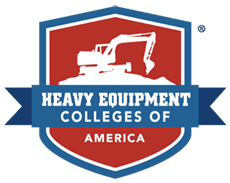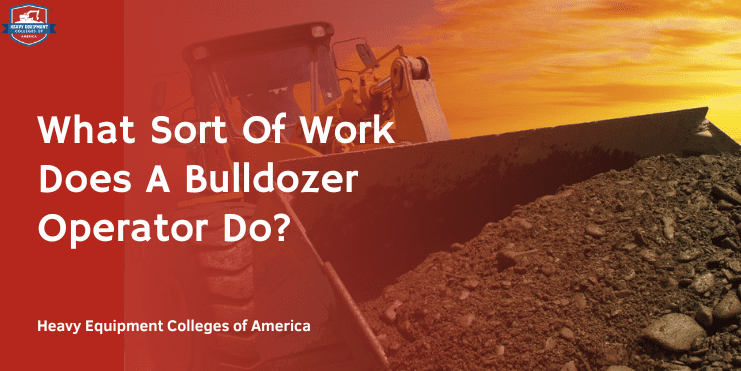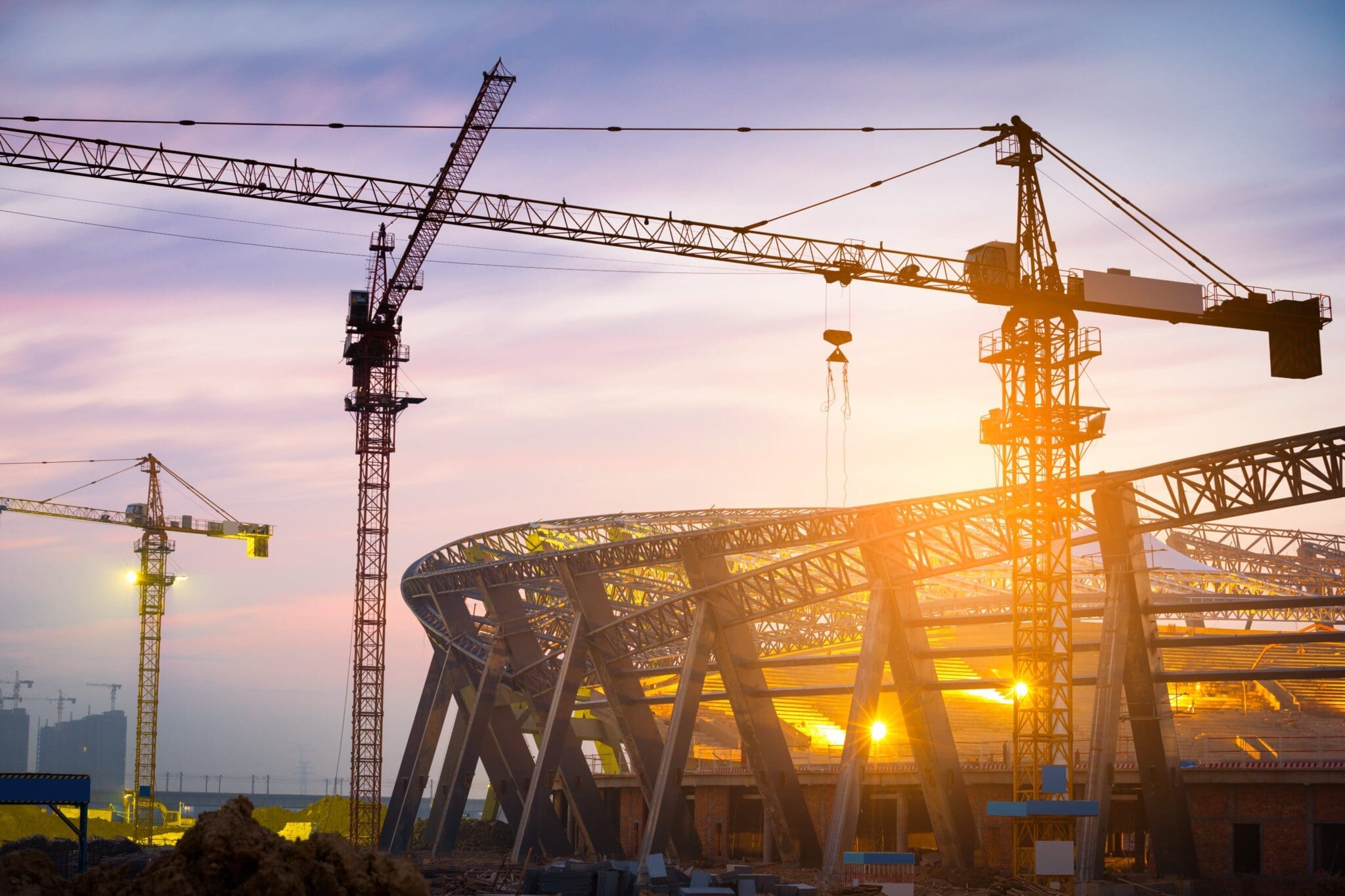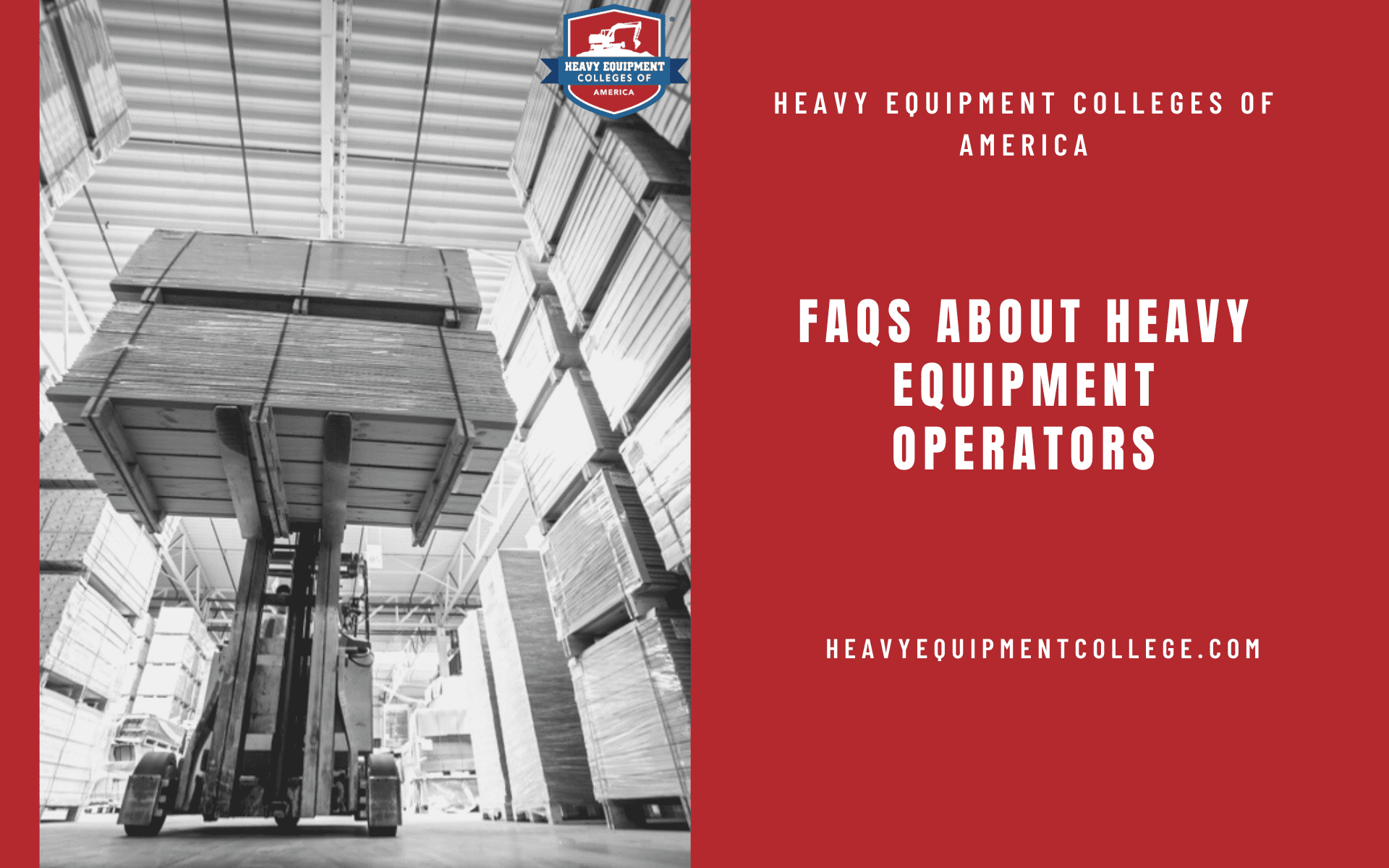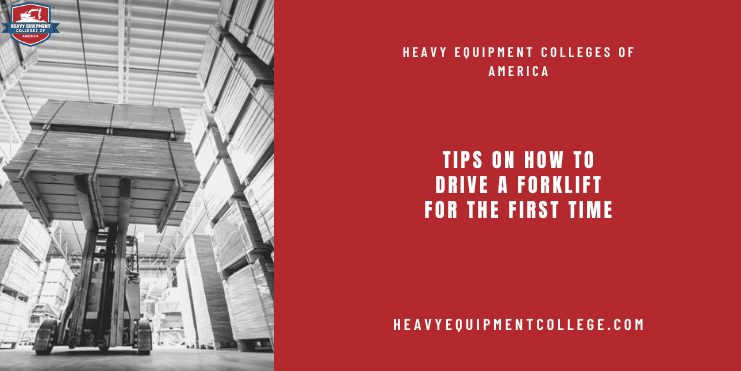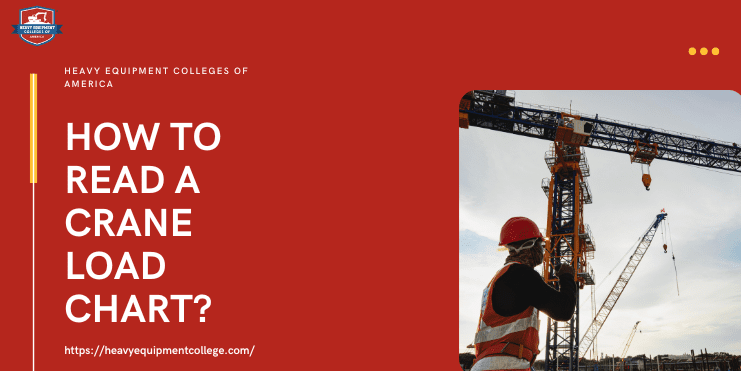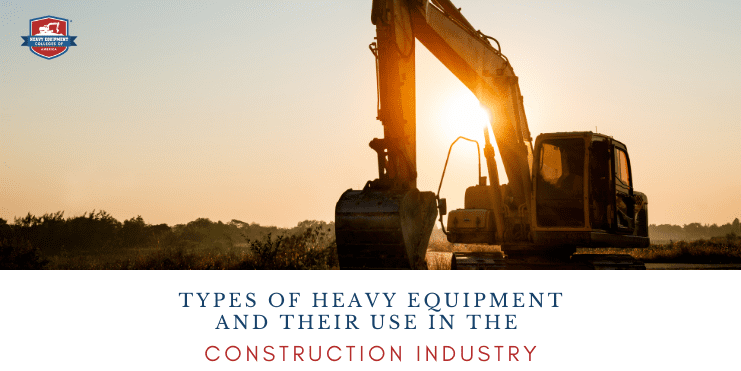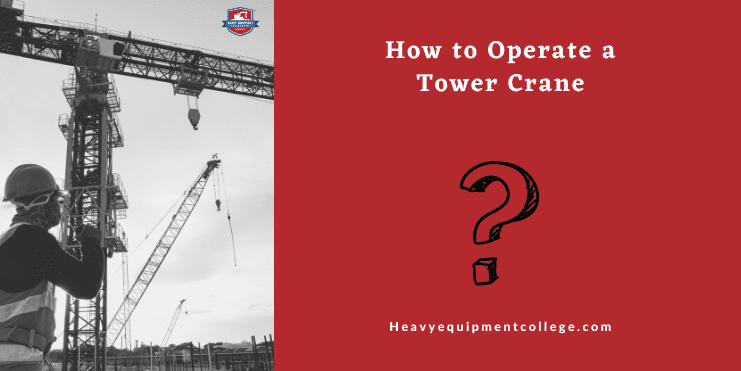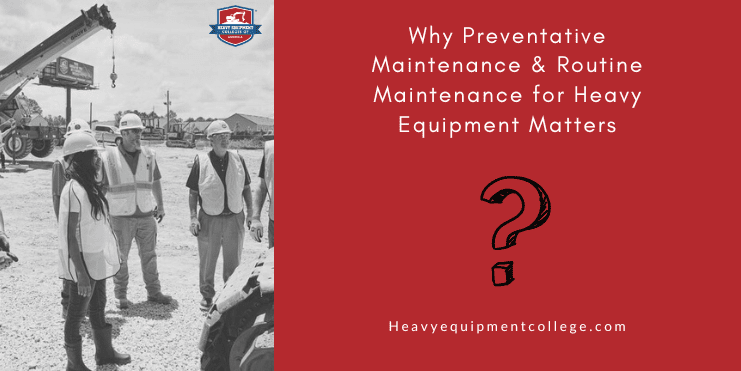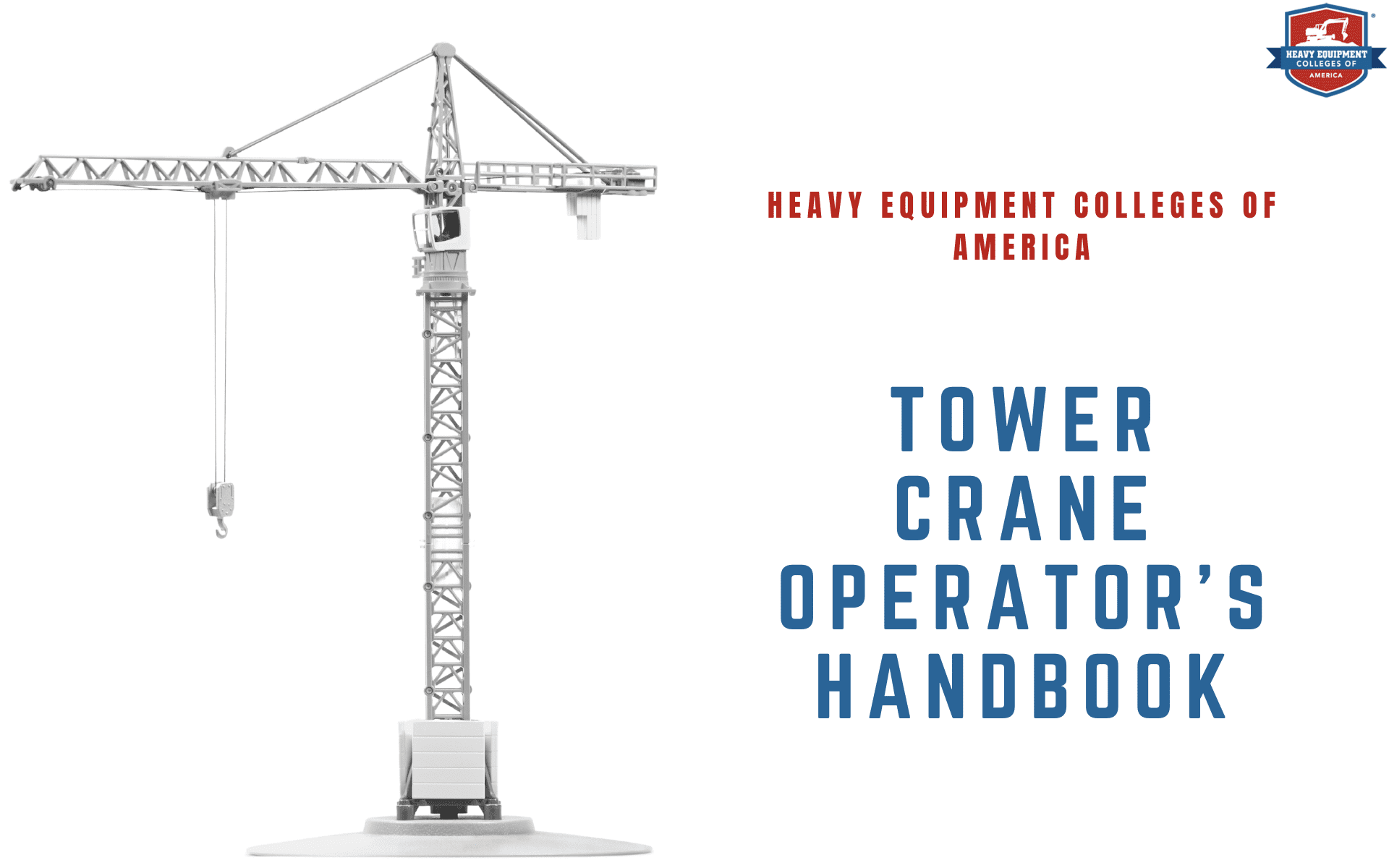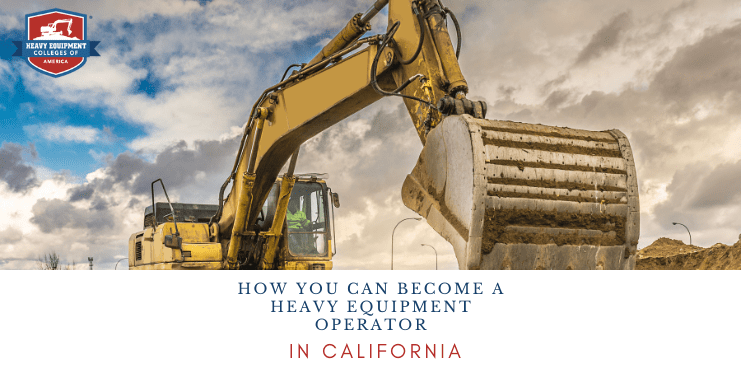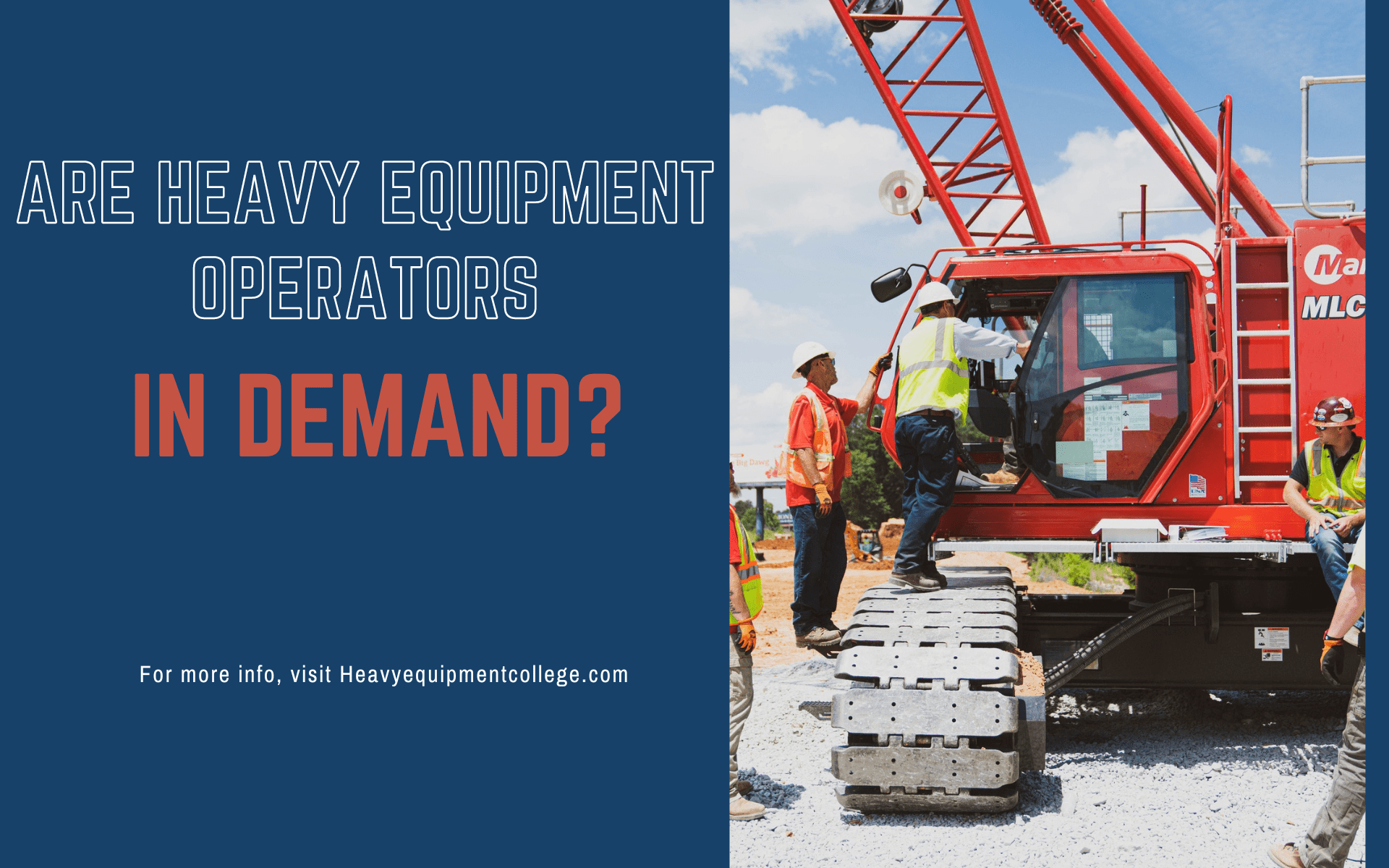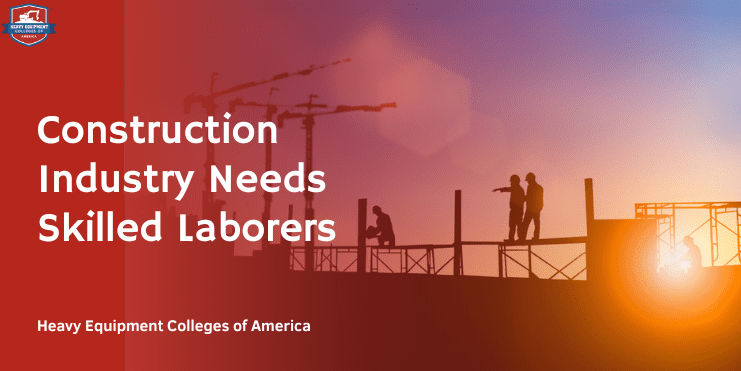
Construction Industry Needs Skilled Laborers
The construction industry is vital to infrastructure. Yet, without skilled laborers, most of the projects couldn’t be completed nor can heavy equipment be operated properly. Unfortunately, that’s the situation the construction industry is facing. There are several ways companies can help resolve the growing shortage. Read on to learn more. Table of Contents Construction Industry Faced Huge Worker Shortage in
